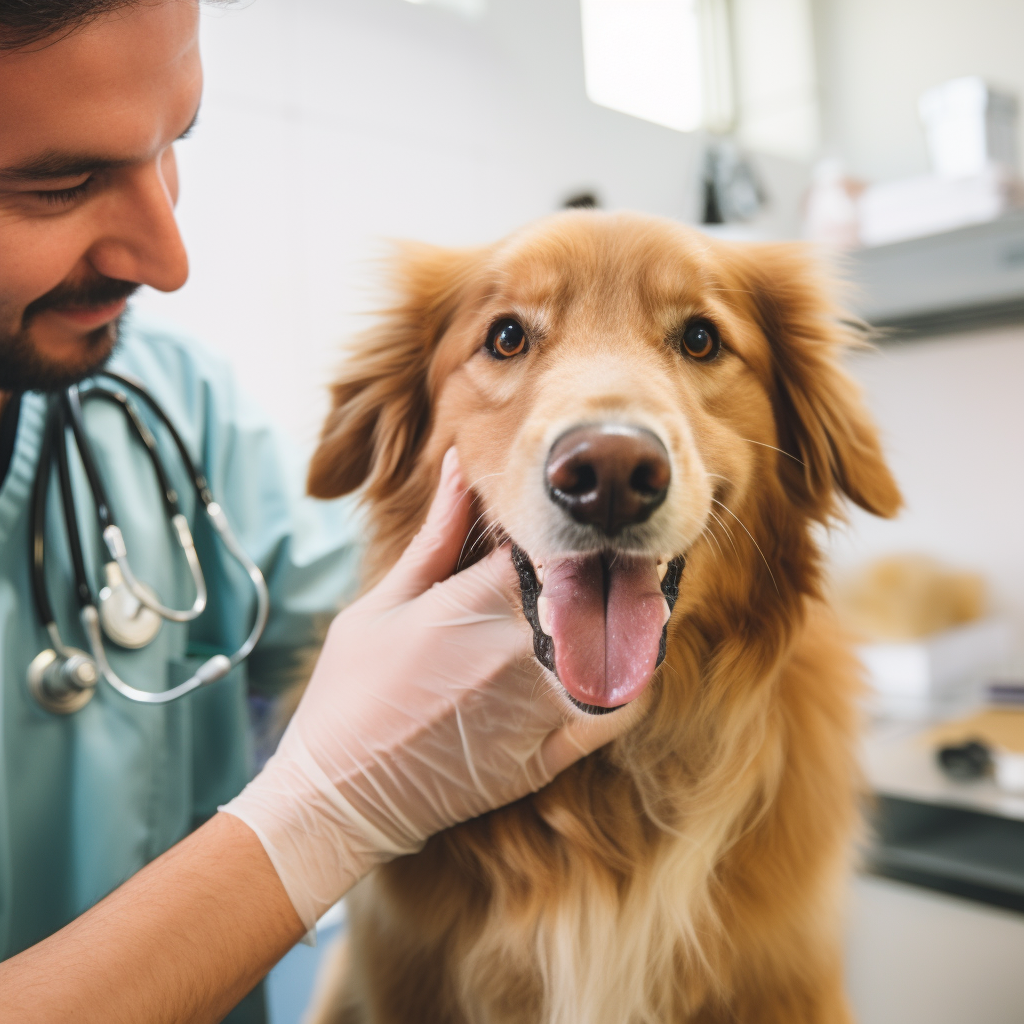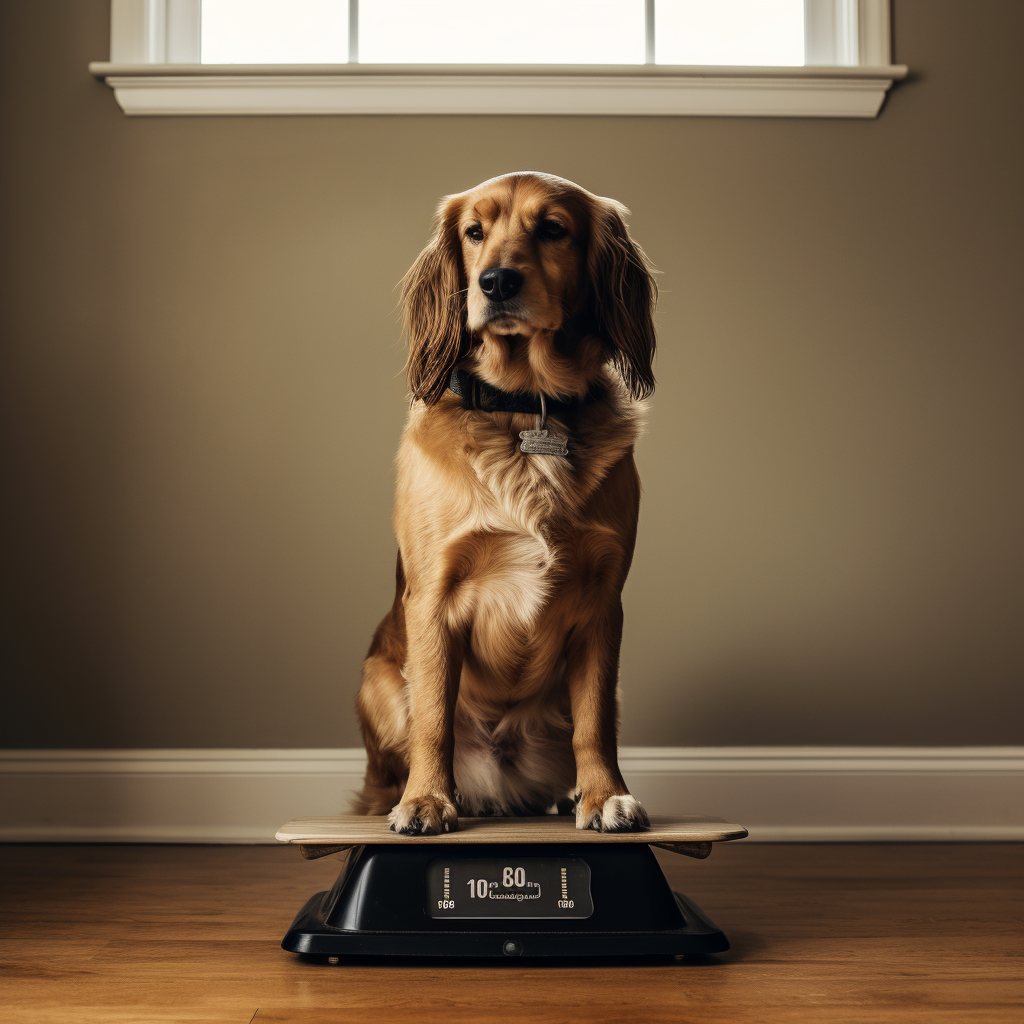8 Signs Your Dog Needs to be Neutered - When and How to Decide

As a devoted dog owner, you want the best for your canine companion. But have you ever wondered if neutering your dog is the right choice? There is a lot of information and misconceptions out there, which can make the decision confusing. In this blog post, we will explore the facts about dog neutering, debunk common myths, and help you determine the signs your dog needs to be neutered, when and how to decide if neutering is the best choice for your canine companion.
Key Takeaways
-
Neutering a dog can provide health benefits and help to reduce aggressive behaviors.
-
The optimal time for neutering should be determined considering factors such as age, breed, size and existing health conditions.
-
Neutering does not significantly alter a dog’s personality or directly cause weight gain. Post-neutering care is necessary to ensure successful recovery.
Understanding Dog Neutering

Dog owners bear the crucial task of neutering their pets to maintain their long-term health and well-being. This surgical procedure removes a male dog’s testicles, preventing reproduction, reducing health risks, and controlling pet overpopulation.
But what exactly is dog neutering, and why should you consider it for your furry friend? We will explore the process and reasons for neutering below.
What is dog neutering?
Dog neutering, also known as castration, is a surgical procedure that involves the safe removal of one or both testicles in male dogs. The primary purpose of neutering is to render a male dog infertile, thereby diminishing sexual urges and related behaviors, such as aggression and territorial marking. Having your dog neutered can be a responsible decision for pet owners looking to prevent unwanted behaviors and contribute to population control.
Although neutering can’t guarantee complete suppression of the humping instinct, especially when around female dogs, it does lead to a significant decrease in testosterone levels in the bloodstream.
Why neuter your dog?
Neutering your dog offers a range of benefits for both the dog and the owner. Some of these benefits include:
-
Helping control pet overpopulation and reduce the number of unwanted dogs in shelters
-
Minimizing the risk of certain cancers in male dogs
-
Reducing aggressive behavior in male dogs
Neutered dogs generally have improved social skills, reduced dominance, and more positive interactions with other dogs. Neutering your dog not only safeguards their health, but also fosters a more harmonious and accountable pet community.
Behavioral Signs Your Dog Needs Neutering

So, how can you tell if your dog needs to be neutered? Certain behavioral signs can indicate the necessity for this procedure, such as:
-
escaping and roaming
-
aggression towards other dogs
-
humping or mounting
-
urine marking
We will examine each of these behaviors in depth to gain a better understanding of their possible indications for neutering.
Escaping and roaming
Unneutered dogs of various dog breeds may exhibit a strong desire to escape and roam, driven by their instinct to find a mate, particularly a female dog. This behavior not only puts your dog at risk of producing unwanted puppies, but also exposes them to potential dangers, such as fights with other male dogs, accidents with vehicles, or the possibility that they get lost and cannot find their way home.
Neutering your dog can help curb these roaming tendencies and keep them safe and close to home.
Aggression towards other dogs
Aggression is another common behavioral issue observed in unneutered male dogs, particularly towards other male dogs. High testosterone levels in unneutered dogs can contribute to aggressive behavior, which can lead to dog fights and injuries.
Neutering can help reduce these aggressive tendencies by lowering testosterone levels and making your dog more docile and friendly towards other dogs.
Humping or mounting
Humping or mounting behaviors in unneutered dogs can signal sexual frustration or dominance issues. It’s important to note that neutering may not completely eliminate humping behaviors, especially if they have become a learned habit. However, neutering can significantly reduce the hormonal urges that drive these behaviors, making it easier to manage and correct them with training.
Training is the key to managing humping behaviors. It’s important to start early.
Urine marking
Urine marking is a territorial behavior often exhibited by unneutered male dogs. This behavior serves to establish dominance and claim territory, particularly in the presence of other dogs.
Neutering can help reduce urine marking behavior by diminishing the need to compete with other dogs for territory and resources.
Health Concerns Related to Not Neutering

In addition to behavioral issues, there are also health concerns associated with not neutering your dog. Failing to neuter your dog can increase the risk of testicular cancer, prostate problems, and hormonal imbalances.
We will examine these health risks in detail and discuss how neutering can help mitigate them.
Testicular cancer
Unneutered male dogs are at a higher risk of developing testicular cancer, a type of cancer that affects the male dog’s testicles. Neutering completely removes the testicles, effectively preventing the development of testicular cancer in your dog.
Neutering dogs is a proactive measure to ensure their health and well-being.
Prostate problems
Prostate problems, such as enlargement or infection, can occur in unneutered dogs. An enlarged prostate gland can cause discomfort, pain during urination, and even impact your dog’s ability to defecate.
Neutering can help reduce the risk of prostate problems by decreasing the production of hormones that contribute to prostate enlargement.
Hormonal imbalances
Hormonal imbalances in unneutered dogs can lead to various health issues, such as skin and coat problems, reproductive issues, and even cancer. Neutering your dog can help prevent hormonal imbalances by reducing the production of hormones that can cause these issues.
Neutering your dog contributes significantly to their overall dog’s health and well-being.
The Right Time to Neuter Your Dog

Deciding when to neuter your dog can be a challenging decision, as there are several factors to consider, such as age, health, and consultation with your veterinarian.
We will examine these factors to assist you in determining the optimal time to neuter your dog.
Age considerations
Age is an important factor to consider when deciding to neuter your dog. Generally, it is recommended to neuter dogs around six to eight months old, but this can vary depending on breed and size.
Large and giant breeds may benefit from waiting until they are 12 to 18 months old before neutering. Always consult with your veterinarian to determine the best age for neutering your specific dog.
Health factors
Health factors, such as existing conditions or genetic predispositions, should also be considered when deciding to neuter your dog. For example, dogs with urinary tract infections or hip dysplasia may require special consideration before undergoing the neutering procedure.
Discuss any health concerns with your veterinarian to ensure that neutering is the best decision for your dog’s well-being.
Consult with your veterinarian
Consulting with your veterinarian is crucial in determining the best time to neuter your dog based on their specific needs and circumstances. Your veterinarian can assess your dog’s overall health, consider any existing conditions or predispositions, and provide guidance on the best course of action for neutering your dog.
Always trust your veterinarian’s professional advice to ensure the best outcome for your dog’s health and happiness.
Post-Neutering Care and Recovery

Proper post-neutering care and recovery are essential for your dog’s well-being. It’s important to manage pain and discomfort, restrict activity, and monitor for potential complications during the healing process.
Let’s explore these aspects of post-neutering care in more detail.
Managing pain and discomfort
Managing pain and discomfort after neutering can be done with prescribed medications provided by your veterinarian. Additionally, ensuring a calm environment for your dog during the recovery period can help alleviate pain and promote healing.
Ensuring a close watch on your dog’s comfort levels and administering medications as prescribed will promote a quicker and less painful recovery.
Activity restrictions
Activity restrictions are necessary during the recovery period to prevent complications and promote healing. Avoid strenuous activities such as running, jumping, and playing for approximately 7 to 10 days following the neutering procedure.
Instead, engage your dog in gentle exercise, like brief walks on a leash, to help them gradually return to their normal activity levels.
Monitoring for complications
Monitoring your dog for complications, such as infection or excessive swelling, is crucial during the recovery process. Regularly check the surgical site for signs of redness, heat, or swelling, and contact your veterinarian promptly if you notice any issues.
Keeping a close eye on your dog’s healing process will assist in ensuring a seamless and successful recovery.
Proper Diet and Nutrition
A whole prey diet plays a crucial role in the recovery of neutered dogs due to its nutrient density. Neutering surgery can often cause hormonal imbalances and a decrease in metabolism, making it essential to provide a nutritionally dense diet.
A whole prey diet mimics the natural feeding behavior of canines, nourishing them with a variety of organ meats and muscle tissues. These ingredients are nutrient-rich, providing essential vitamins, minerals, and amino acids needed for optimal healing, overall health, and faster recovery post-surgery. Liver is a potent source of vitamin A, which aids in tissue repair, while heart and kidney offer proteins, vitamins, and minerals critical for cellular regeneration and immune function. Blood is rich in iron, promoting oxygen transport and boosting energy levels.
Whole Beast, from Heart of the Canine supports balanced nutrition, promoting tissue healing, reducing inflammation, and aiding in the restoration of metabolic balance. It ensures that the dog receives a complete range of essential nutrients, which can optimize recovery and support the dog's overall well-being.
Common Myths About Neutering Debunked
There are several misconceptions about neutering that can make the decision to neuter your dog even more confusing. In order to provide a better understanding of the procedure and its benefits, we will dispel some common myths about neutering.
One myth is that neutering will make your dog lazy and fat. This is not true.
Neutering causes weight gain

One common myth is that neutering directly causes weight gain in dogs. While it’s true that neutering can result in changes in metabolism and activity levels, which may contribute to weight changes, it is not a direct cause of weight gain.
Keeping track of your dog’s diet and physical activity post-neutering will assist in maintaining their healthy weight.
Neutering changes a dog's personality
Another common myth is that neutering changes a dog’s personality. Neutering does not alter a dog’s personality, but can help reduce certain unwanted behaviors related to high testosterone levels, such as aggression and territorial marking.
Each dog’s personality is unique and influenced by factors such as genetics, environment, and socialization, rather than the neutering procedure itself.
Summary
In conclusion, neutering your dog is a responsible decision that can improve their health and well-being, prevent unwanted behaviors, and help control pet overpopulation. By understanding the procedure, debunking common myths, and working closely with your veterinarian, you can make the best choice for your furry friend. Remember, a happy, healthy dog is a cherished companion for life.
Frequently Asked Questions
What is best age to neuter a male dog?
The recommended age to neuter a male dog is between six and nine months. Smaller dogs can usually have the procedure done earlier, while larger breeds may need to wait longer in order for proper development before being neutered.
Neutering a dog can have many benefits, such as reducing the risk of certain types of cancer, decreasing aggression, and preventing unwanted litters. It is important that it is important.
Do male dogs change after being neutered?
Neutering is known to reduce a male dog’s sexual appetite and aggression, as well as cause a decrease or increase in energy and activity levels.
Studies have also shown that neutering can lead to decreased sexual behavior, urine marking, and roaming.
Overall, neutering does affect a male dog’s behavior, but it won’t alter their personality.
What happens if you never neuter your dog?
If you don’t neuter your male dog, their testosterone levels will increase, leading to aggressive behavior such as increased marking and fighting with other animals.
There is also a higher risk of developing medical conditions like prostate enlargement and testicular cancer. Unspayed female dogs can become pregnant, adding to the number of unwanted animals in the world.
How can neutering help reduce aggressive behavior in male dogs?
Neutering male dogs can significantly decrease their aggression by lowering testosterone levels, thereby making them more docile.
Can neutering help prevent testicular cancer in male dogs?
Yes, neutering can help prevent testicular cancer in male dogs by removing the testicles.
This is considered to be an effective way of reducing the risk of developing this type of cancer in male dogs.



Comments